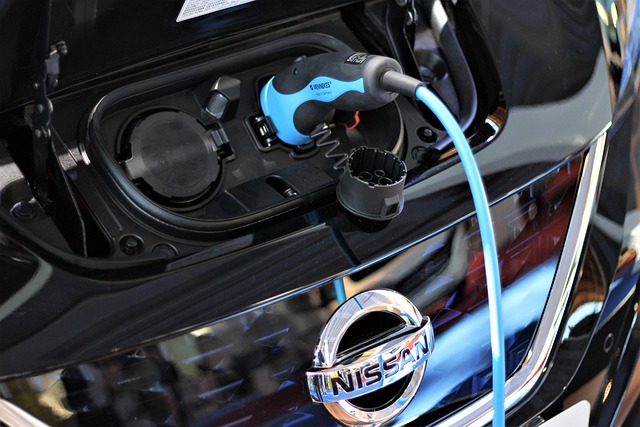In an age where climate change is at the forefront of global conversations, the need for sustainable practices is more pressing than ever. One such innovation that emerges as a beacon of hope for environmentally conscious individuals is parking sharing. This collaborative approach to urban mobility not only enhances convenience but also plays a central role in promoting sustainable development and reducing our ecological footprint.
The shift towards sustainable development encompasses more than just reducing carbon emissions; it’s about creating a holistic framework that supports economic growth, social equity, and environmental stewardship. As cities continue to grow, the challenge of managing resources efficiently becomes even more critical. Parking sharing presents a unique solution that aligns perfectly with these principles of sustainability.
Traditionally, urban parking spaces have been viewed as static assets, often underutilized and rarely optimized for efficiency. However, with the advent of technology, parking sharing apps are transforming these spaces into dynamic resources. By allowing car owners to share their parking spots with others, we can reduce the need for expansive parking structures, thus minimizing land use and preserving green spaces. This not only helps reduce urban sprawl but also fosters a sense of community among users, encouraging responsible consumption patterns.
The integration of green technologies into parking sharing platforms is another crucial aspect that enhances its eco-friendly appeal. Many modern apps now utilize algorithms that not only help users find available spots but also highlight the most eco-friendly options based on location and availability. By steering users towards these greener alternatives, we can further minimize our collective carbon footprint.
Moreover, carbon-neutral mobility is becoming a critical goal for cities worldwide as they strive to comply with international climate agreements. Parking sharing can significantly contribute to this effort by decreasing the overall number of vehicles on the road. With fewer cars circulating in search of parking and an increase in carpooling facilitated by shared parking options, we can effectively decrease traffic congestion and its associated emissions.
As individuals become more aware of their environmental impact, the demand for sustainable solutions like parking sharing continues to rise. The collaborative nature of this approach resonates deeply with eco-conscious consumers who are eager to do their part in fostering a healthier planet. Choosing to share a parking space is not just a convenience; it is a commitment to a more sustainable lifestyle.
Ultimately, the impact of parking sharing extends beyond mere convenience; it holds the potential to reshape urban mobility into a more sustainable and responsible system. By embracing these innovations, we can collectively drive towards a future where convenience aligns with ecological consciousness. As we move forward, let us engage with solutions that not only enhanced our daily lives but also honor our commitment to a greener, more sustainable world.




